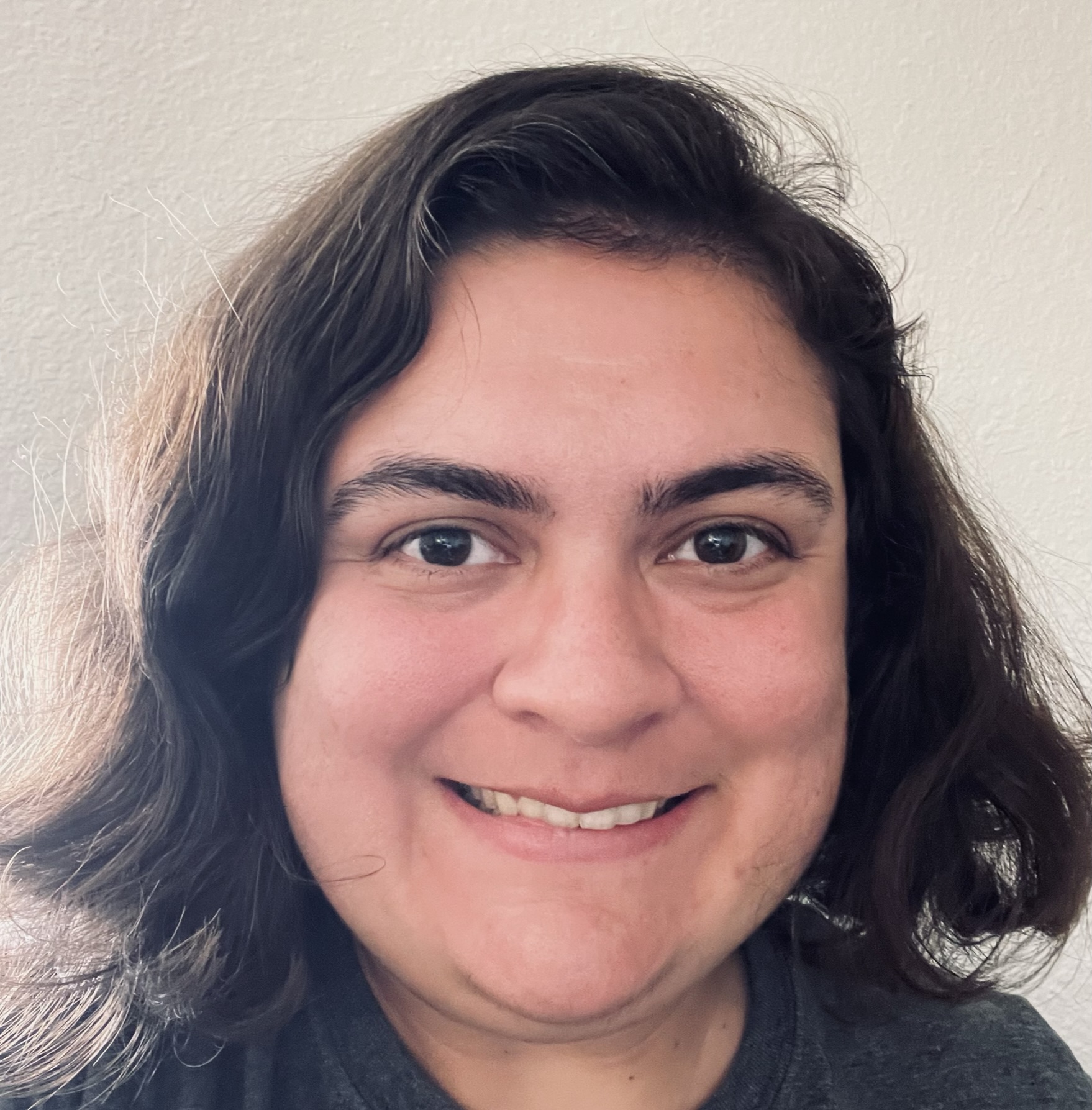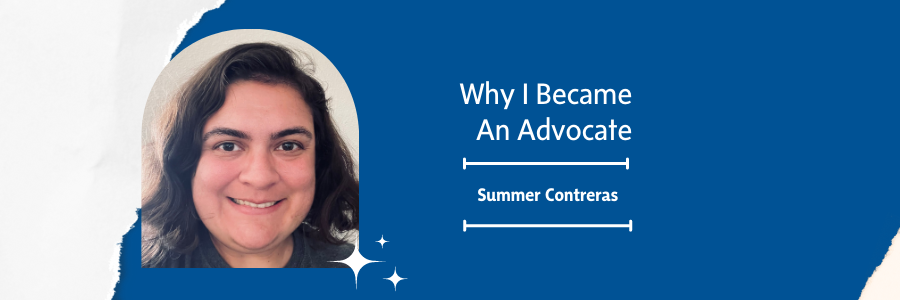By Summer Contreras
When I was 13 years old and in 8th grade, a friend invited me to church. It was there I experienced my first religious intrusive thoughts, even though I wasn’t religious at the time. My young, impressionable mind began blurting out obscenities. These obsessions terrified me, and they led to sleepless nights and even a few days of missed school. I was scared of what people would think of me if they knew I had these thoughts, so I told no one, not even my mother with whom I was very close.
These thoughts continued throughout high school. I tried to ignore them or ward them off with odd mental phrases. Additionally, my extreme perfectionism, which surfaced in childhood, worsened, especially in “gray area” subjects like English. Math, as a “black and white” subject that always seemed to have a “right” answer, came easily to me. But writing did not. My teachers and parents assured me that I was a good writer, but no matter how many times they reassured me, my writing never felt good enough. It took “blood, sweat, and tears” to write many of my papers, and I often agonized over them for hours.
In my freshman year of college, I learned my suffering had a name - a mental health condition called obsessive-compulsive disorder. But because I “functioned” as a student with a full load of classes, I dismissed my diagnosis. It wasn’t until after my mom died of cancer in 2015, only a semester shy of my college graduation, that I realized how serious my diagnosis was.
After I sold my mom’s estate in early 2016, I experienced a complete psychological collapse. My mom was unwittingly a part of my OCD cycle, and with her gone, I not only had to grieve her as my mother and friend but also as the one who gave me reassurance. It was like a double death. My OCD became very angry with me because it could no longer look to my mom for the reassurance it so desperately craved. Instead, my OCD unsuccessfully looked to other people - my mentor and friend Austin, my fiancé Josh - but nothing could fill this “reassurance void” as I have come to call it.
After I went through EMDR (a popular therapy to treat PTSD) to help with my grief and trauma, I came across a stumbling block. The therapy stopped helping me, and it became a source of reassurance. For one of my college public health classes, I had to read a book written by someone with a mental health condition. Naturally, I chose the book written by someone with OCD.
This book happened to be Jeff Bell’s memoir, Rewind, Replay, Repeat. In it, I learned about the International OCD Foundation and OCD’s gold standard treatment, exposure and response prevention. This was a life-changer. After reading Jeff Bell’s book, I began doing my own research, and I came across Rogers Behavioral Health where I ended up going for treatment.
I advocate because I do not want anyone to go through what I have gone through. If I can spare just one person of the suffering that OCD brings, then my entire journey has been worth it.
Summer Contreras is a Certified Peer Support Specialist living in San Diego, CA. Summer grew up with OCD, she but wasn't diagnosed until age 18 and didn't seek proper treatment until age
22, after her mother - with whom she was very close - passed away from cancer. Since then, she has been a passionate advocate for those with OCD and related disorders so others don't suffer the way she did. Summer has a Bachelor of Science in Public Health from the University of Arizona and hopes to specialize in treating OCD. She regularly speaks to a public health class about her mental journey and advocates through her blog and social media. She is currently writing a memoir. Outside of advocacy, Summer likes to play the Pokémon Trading Card Game competitively and enjoys reading, writing, and mathematics.



Leave a Reply